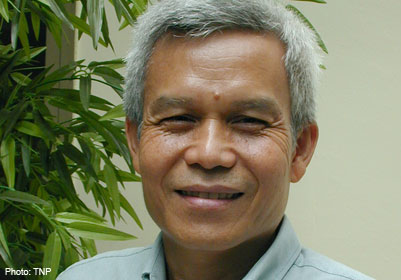
Dec 15, 2021 | Advocacy, News
On the ninth anniversary of the enforced disappearance of Lao civil society leader Sombath Somphone, we, the undersigned organizations, reiterate our calls on the Lao government to determine his fate and whereabouts, and deliver justice to him and his family.
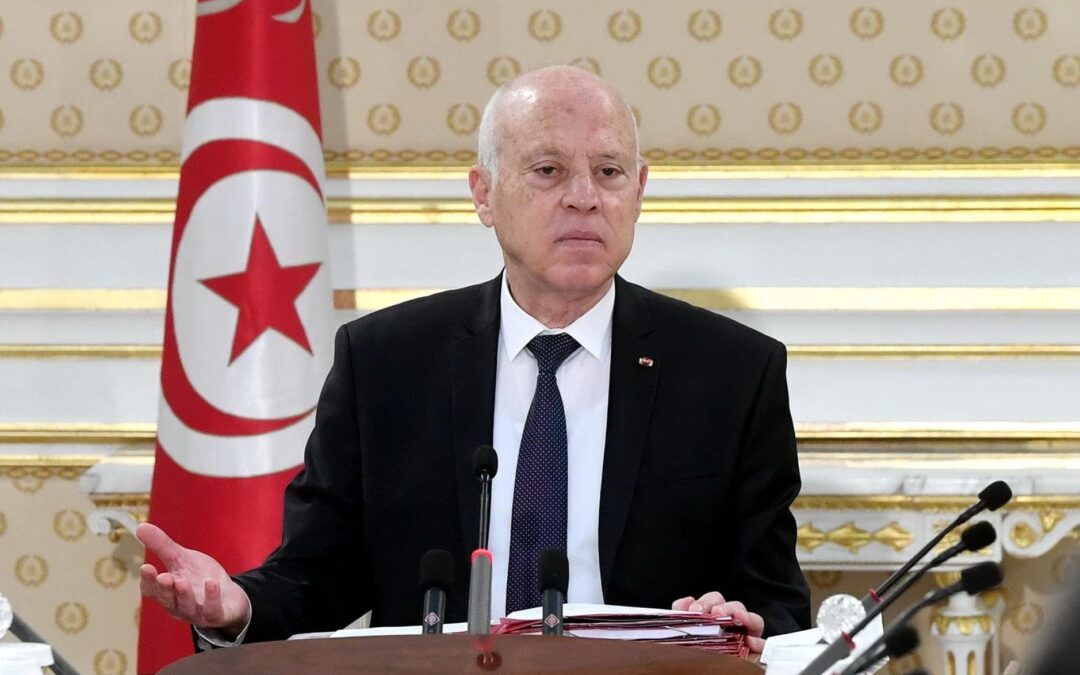
Dec 14, 2021 | News
President Saied’s continued attacks on the separation of powers and the 2014 constitution should receive international condemnation, said the ICJ today.
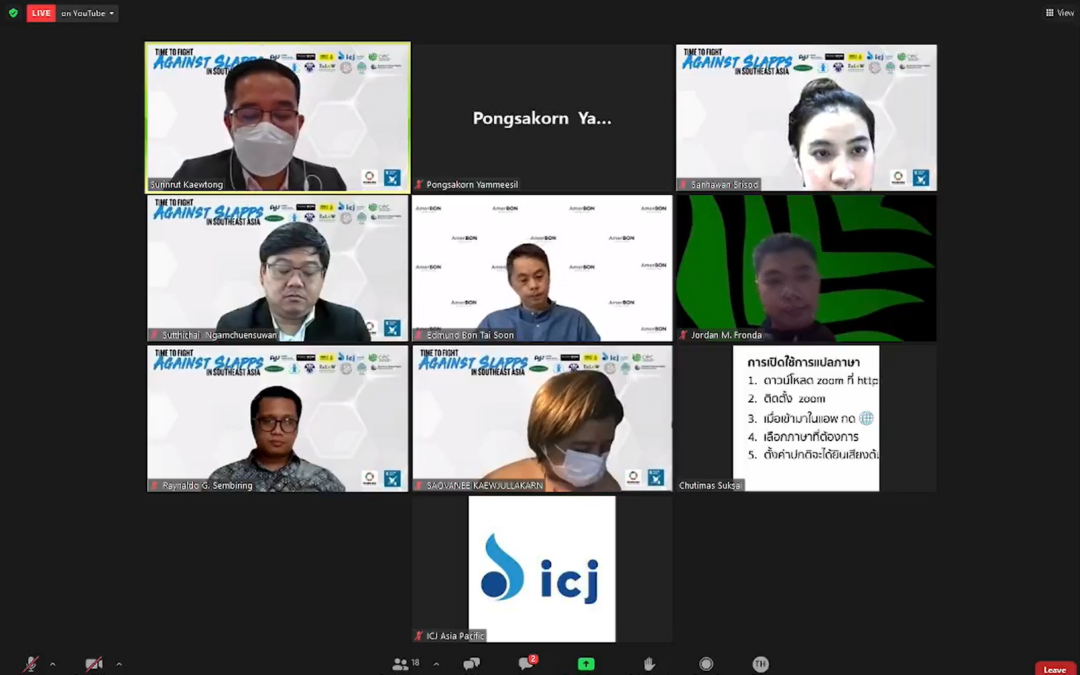
Dec 9, 2021 | Events, News
On 9 December 2021, the ICJ and 11 other organizations co-hosted an online panel discussion entitled: “Time to Fight Against SLAPPs in Southeast Asia”.
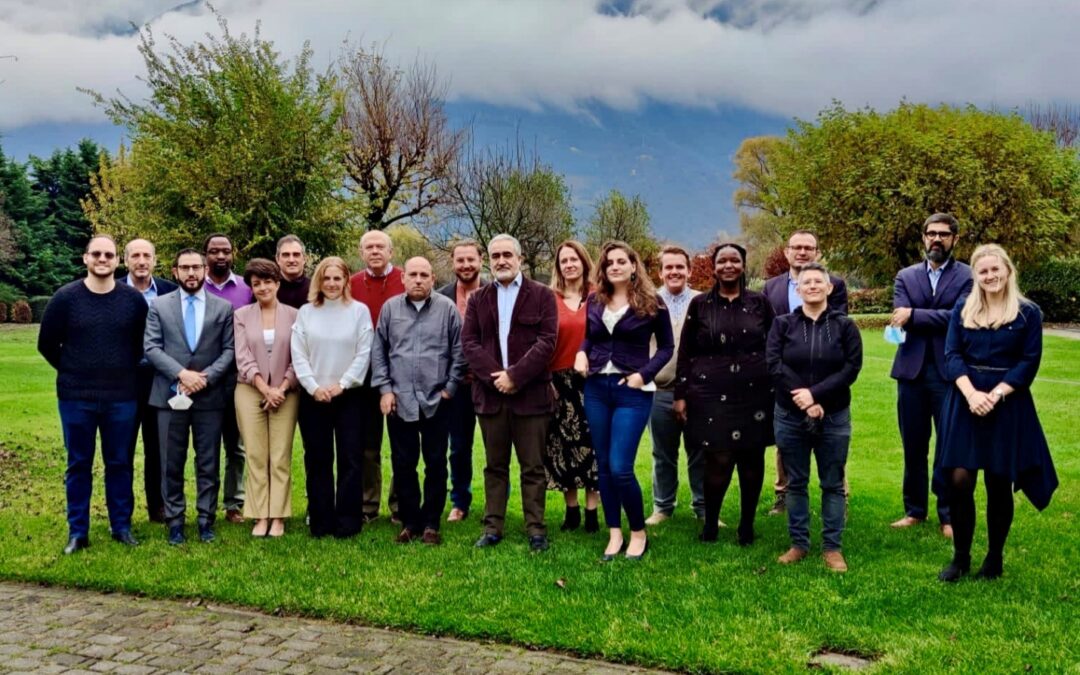
Dec 9, 2021 | News
From 21 to 23 November the International Commission of Jurists (ICJ) and the Global Health Law Consortium (GHLC) co-convened 30 leading experts in human rights and global and public health law in Mantello, Italy, to reflect on the human rights dimensions of public health emergencies, including the ongoing COVID-19 pandemic.
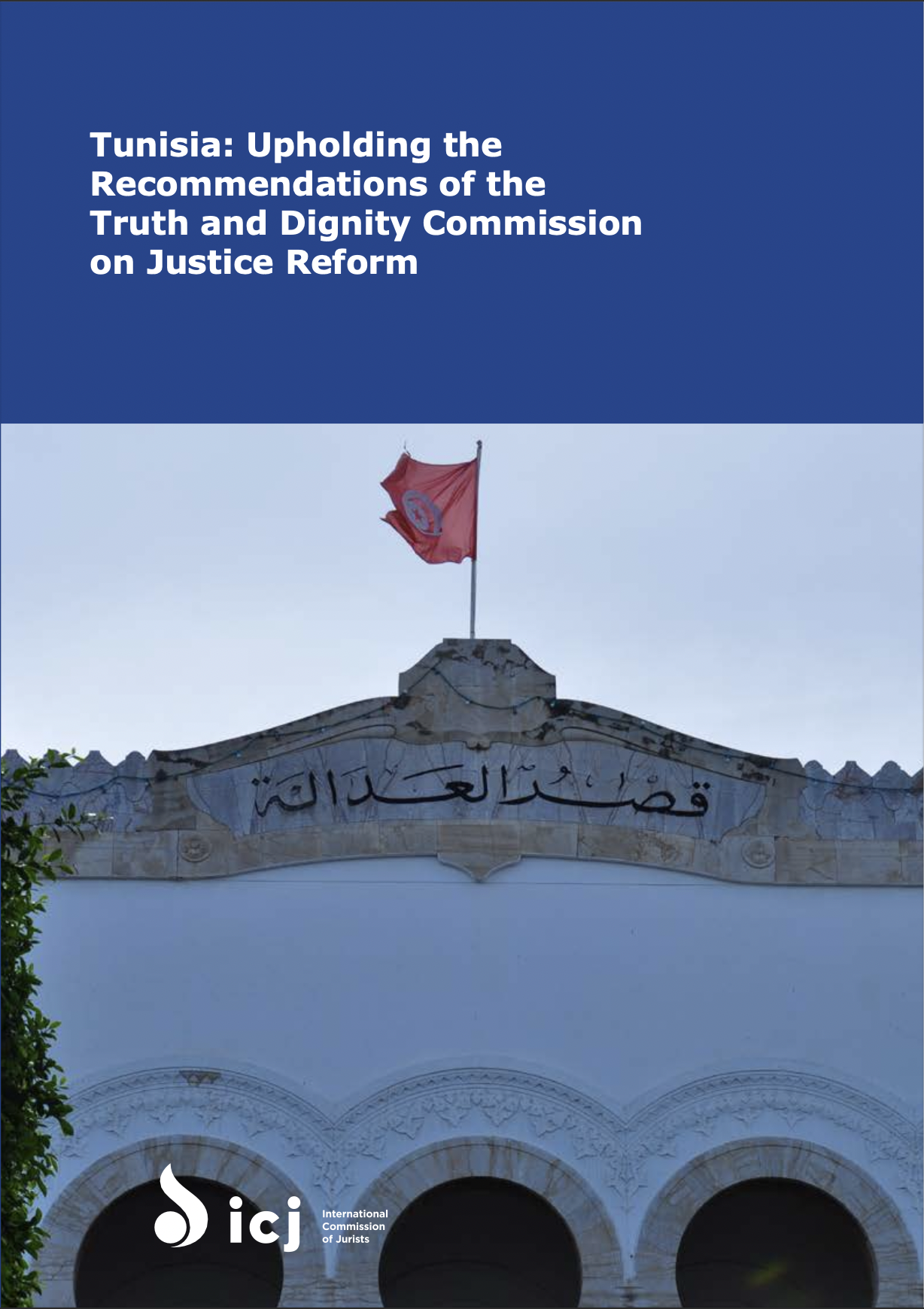
Dec 9, 2021 | News, Publications
Tunisia’s authorities have failed to act upon the IVD recommendations to uphold judicial independence as a prerequisite to the rule of law and a fundamental safeguard for constitutional rights and freedoms, the International Commission of Jurists (ICJ) said in a briefing paper published today.

Dec 9, 2021 | News
Protection of the human rights of children in conflict with the law should be at the heart of the individual assessment process required by EU law, the International Commission of Jurists and Forum for Human Rights said today.










